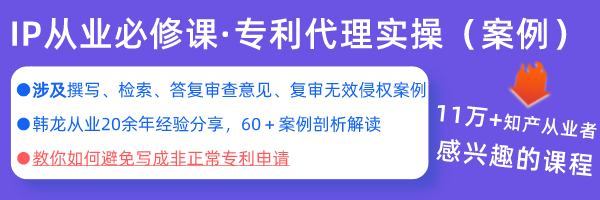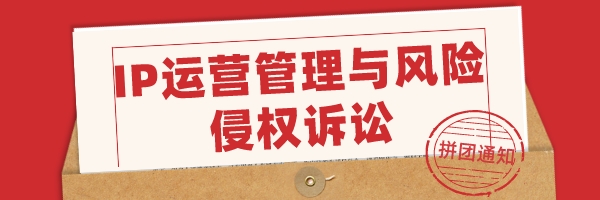中译英专利译文被要求宣誓并去大使馆公证??!
发布时间:2017.08.07 北京市查看:5293 评论:12
如题,近期做了几个中译英的专利翻译案子,客户是国外的,被客户要求签署宣誓书,并去美国大使馆进行公正,说是客户要为USPTO提供认证翻译用的,问题是宣誓书的正文啊,如下“I hereby certify under penalty of perjury under the laws of the United States of America that the following is a true, correct, and accurate translation of XXX from Chinese to English.”
艾玛,要求在美国法律规定的伪证罪下宣誓译文是真实、正确、准确的,还要去美国大使馆公证签字过程,听起来就觉得责任很大的样子啊,
问题是签了之后是要承担法律义务的吧?会不会很严重?伪证罪是什么鬼!大家有谁经历过这样的要求吗?
评论列表
快速回复
landoudou
[3]思博镇镇长
[未知属地]
主题:5 回帖:38 积分:97







landoudou
2017/08/07 13:53 [来自北京市]
0 举报siceng
没听说去大使馆公证呀,为什么要公证呀,快来教教我
还有,under penalty of perjury under the laws of the United States of America 这段一定要有吗,为什么啊?
2017/08/07 14:26 [来自北京市]
0 举报landoudou
宣誓书内容是客户发来的,我们只有签字的权利,你那个没有在美国伪证罪下宣誓还好些吧,而且不用公证
2017/08/07 15:04 [来自北京市]
0 举报siceng
I, ***, hereby certify that I am the translator of the officially certified copy of the Chiniese Priority Application No. *** filed in China on the September 27, 2013 and certify that the said patent is a true and correct translation of the Chinese version to the best of my knowledge and belief .
By: ____________
**
Date: 2016/11/10_
2017/08/07 15:16 [来自北京市]
0 举报siceng
我猜你所经历的是:公证认证程序,在公证处公证,在大使馆认证。
翻译中翻英文件和公证认证程序怎么结合,你经历一次就清楚了,记得回帖记录在这。
2017/08/07 15:17 [来自北京市]
0 举报siceng
602-Oaths and Declarations
www.uspto.gov/web/offices/pac/mpep/s602.html
37 CFR 1.68 Declaration in lieu of oath.
Any document to be filed in the Patent and Trademark Office and which is required by any law, rule, or other regulation to be under oath may be subscribed to by a written declaration. Such declaration may be used in lieu of the oath otherwise required, if, and only if, the declarant is on the same document, warned that willful false statements and the like are punishable by fine or imprisonment, or both (18 U.S.C. 1001) and may jeopardize the validity of the application or any patent issuing thereon. The declarant must set forth in the body of the declaration that all statements made of the declarant's own knowledge are true and that all statements made on information and belief are believed to be true.
18 U.S.C. 1001 Statements or entries generally.2017/08/07 15:30 [来自北京市]
0 举报